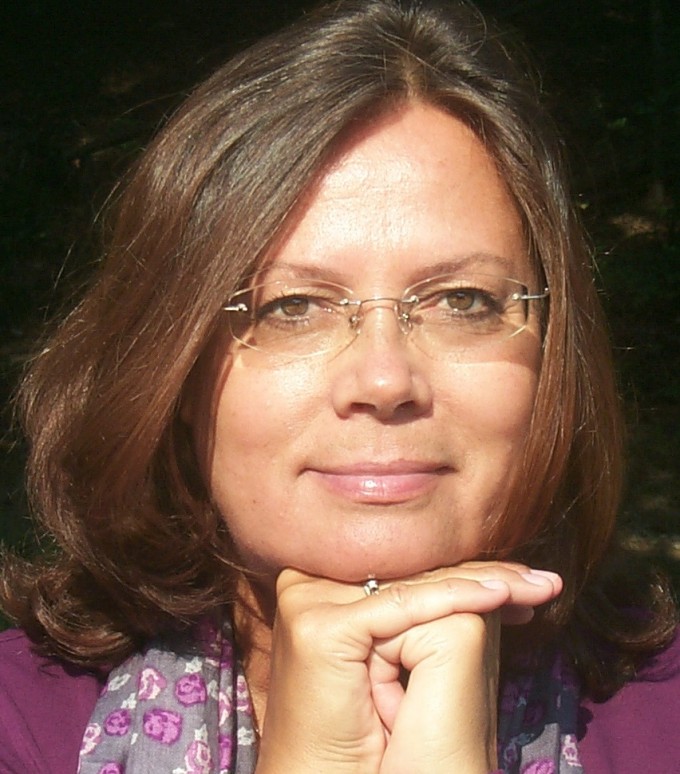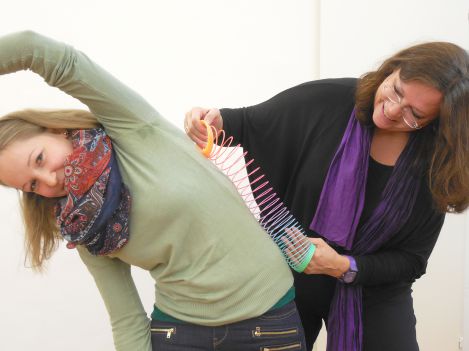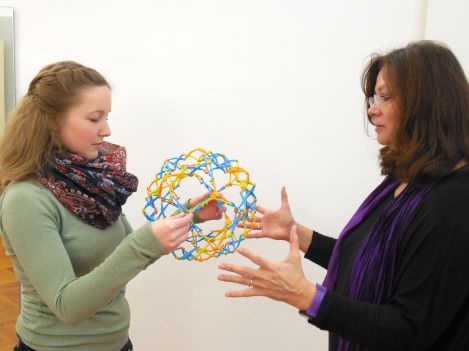Hedi Milek
Instrumental pedagogy (piano) at the University of Music and Performing Arts in Vienna (1979).
Further training:
Suggestopaedist with Pearl Nitsche (1998), mental trainer according to the Orloff system (1999), nlp-Resonanz® Practitioner/child and youth coach with Dr. Gundl Kutschera (2003), movement pedagogue and teaching trainer of the Franklin Method® (2005), “Music Physiology in Everyday Artistic Life” at the Berlin University of the Arts (2011)
Selected further training courses:
“Body language and non-verbal communication” with Maria Thanhoffer, ‘Theatre training for instrumentalists’ with Andrea Haupt, Level I in Trager® perception and movement training with Hedi Stieg-Breuss, ‘Fascia knowledge for movement trainers’ with Dr. Robert Schleip, ‘Biofeedback and Dipl.PcE trainer’ / ‘LimbiClean process’/ ‘Head training for success’ with Dr. Gerhard Eggetsberger
Professional experience:
Piano teaching since 1981 until today
Performance and mental coaching for professional musicians and students with a focus on preparation for auditions and competitions
Speaker for further training in music schools with a focus on: “Efficient practice methods”, “Instrumental movement learning with the Franklin Method®”, “Stage fright in pupils”, “Imagination and learning”, “The hand - a stroke of evolutionary genius”
Lecturer in projects such as “Music and Muscle” and “Music moves us” at the University of Music and Performing Arts Vienna
My personal focus and teaching goals:
My focus is on the diverse areas of application of “mental training”. The latest findings in neurophysiology and neuropsychology show the magnificence of our brain and how we can utilize its neuroplasticity.
“Mindmorphing” - thinking is, alongside breathing, sitting and walking, the primary activity that we are constantly doing. The quality of our thoughts influences our state of mind and our actions. Awareness and mindfulness of our thinking can help us to develop new, more efficient patterns for our everyday life, for practicing and for the stage. The realization that you can shape and influence your own path from “victim” to “creative creator” is very rewarding for everyone.
“Practice in your head” - even mental training according to Leimer-Gieseking is based on the realization that technique and interpretation are the result of mental work. “If (...) the head (....) is clear about the execution, the finger will reproduce it”. The Orloff system complements the latest findings in learning psychology. These techniques make it possible to rehearse musical notation in a time-saving manner, to recall it reliably at any time (even under stress) and to avoid unfavorable thought and movement patterns in advance. In this way, possible painful impairments and uncertainties can be replaced by free music-making.
“Instrumental movement learning” - The conscious imagination, with attentive sensory perception of the instrument, movement, experienced anatomy and associative images has a very motivating and inspiring effect. An imaginary image stimulates and spontaneously gives rise to feelings and intentions that trigger immediate creative action. This allows us to find a free and individual, spatial and temporal movement when making music. “Every movement is as good as the idea you have of it!” (E. Franklin)
“I cannot teach anyone anything, I can only help them to develop it within themselves!” (G. Galilei)
Personal focus and teaching goals
My aim is to provide practical lessons with humorous and appreciative guidance. We research together in order to develop effective strategies for everyday life and artistic/educational work and to anchor them in the long term.
Courses Hedi Milek
University certification course in music physiology

Contact
-
Email: hedi.milek@musicmagic.at
-
Homepage: www.musicmagic.at


